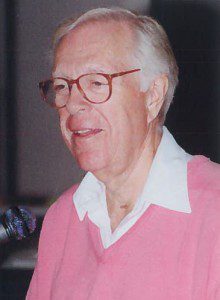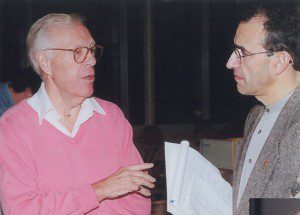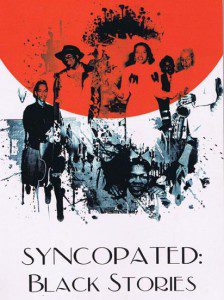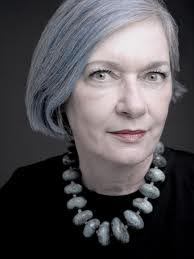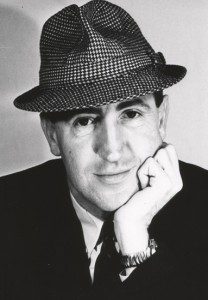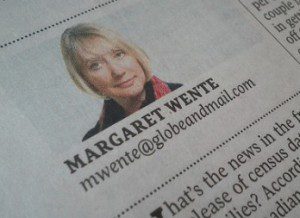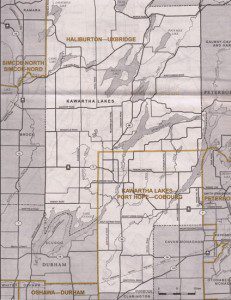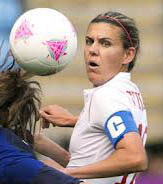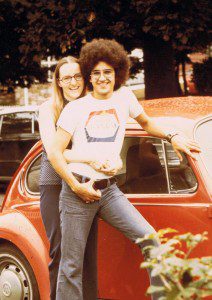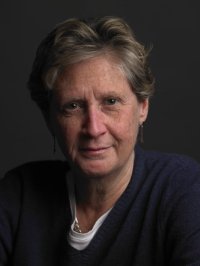
In the introduction to a book, “A Doyle Reader” by Newfoundlander Marjorie Doyle, CBC Radio host Shelagh Rogers described a get-together between the two longtime friends. Shelagh said, on this particular visit, that she presented Marjorie with a couple of ceramic coffee mugs with the title (of the show Shelagh was then hosting) “Sounds Like Canada” on them.
In accepting the gift, Rogers said Doyle immediately ran to her office, returned with a thick black Magic Marker pen and crossed out the word “Canada” and scribbled in “Newfoundland.”
“Now I can use them,” she told Rogers. “I’m stuck with what I am, who I am,” Doyle recently told a panel discussion I attended in Newfoundland. “On an island, borders are intractable.”
Back in May, The Writers’ Union of Canada gathered its executive, its administrators and several hundred of its members (myself included) in St. John’s for its annual general meeting. Traditionally, TWUC holds workshops on the first day the union meets. Marjorie Doyle appeared on the panel entitled “Writing From My Centre.” She admitted that her home province did not appear in her earliest work as a journalist for the Globe and Mail, the National Post or even on her late night CBC Radio show “That Time of the Night.”
But eventually – perhaps because she often worked away from Newfoundland, in Toronto, Montreal or on Vancouver Island – she realized how much her home island affected her.
“When I was away,” she said, “ I was very aware I wasn’t from that place.” Newfoundland shaped her taste in music, in travel and in language, so she embraced it and celebrated it. I suspect place has a lot to do with the works of many Canadian writers.
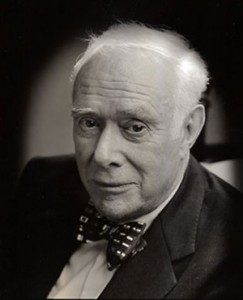
As well as Marjorie Doyle, author Wayne Johnston has always captured the political and social bloodlines of Newfoundland. The writings of Earl Birney, Dorothy Livesay, George Woodcock and P.K. Page have almost always been associated with British Columbia, just as Pierre Berton’s and Farley Mowat’s works of non-fiction are often linked to Yukon and the Northwest Territories respectively. Think of some of this country’s best fiction or poetry with Montreal as a setting and you read Mordecai Richler, Gabrielle Roy or Roch Carrier. Similarly, W.O. Mitchell, Margaret Laurence and Guy Vanderhaeghe are Canadian writers with their feet and creativity firmly planted in the Prairies.
Over the weekend I joined the 18th annual Saskatchewan Festival of Words in Moose Jaw. For a time – back in the 1970s – I lived and worked in Saskatchewan; I have enjoyed a following there and have twice presented at the festival. But a new generation of Prairie writers has emerged in recent years. They too have found their fictional characters, non-fictional stories, plot lines, settings and even their muses in what one character described as “this dry and barren landscape.”
In her adopted home, Regina, Gail Bowen has written 15 books known as “the Joanne Kilbourn mystery series.” Six of her books have been adapted to television movies; she has also written stage plays and radio dramas. Throughout, she has remained in content and in voice a Prairie writer. Nor has Bowen ever shied away from dealing with contemporary Prairie urban issues, such as the poverty, prostitution and low-rental housing in a Regina neighbourhood known as North Central.
“I always try to portray my locations accurately,” she told a writing panel about the Prairie landscape. “When I write about North Central, I write about it warts and all.”
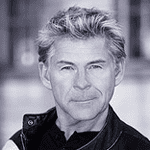
Seated next to Bowen on the panel was celebrated crime writer Anthony Bidulka, known best for his mystery series featuring detective Russell Quant. On his website, Bidulka describes his hero as “a world-travelling, wine-swilling, wise-cracking, gay PI.” He remembered a unique moment when Quant’s origins suddenly emerged as an issue during a Q & A session in the U.S.
“This big Texan got up to the mike and began to speak,” Bidulka said. “He said, ‘I would like to know how you can write a series about a detective who is … from Saskatchewan?’” That’s when Anthony Bidulka realized how powerfully his home in Saskatoon affected his personality and writing. “We’re a fly-over province,” he added, “but I’m driven to write about Saskatchewan.”

Similarly, as I pointed out in the beginning, Marjorie Doyle is a proud Newfoundlander. She writes critically about her home. She writes passionately about her home. She has strong feelings about its past and its future. She’s even been known to profess that her island province should eventually secede from Canada and return to Dominion status (as Newfoundland was prior to its joining Confederation in 1949).
However, Marjorie is realistic enough to recognize where she is and from where she writes (at least for now).
“I’m the only member of my family born in Canada,” she said at the St. John’s writers’ conference. “The rest of my family was born in Newfoundland (before 1949). Still, I’m rooted to this place … in all I think and write.”
